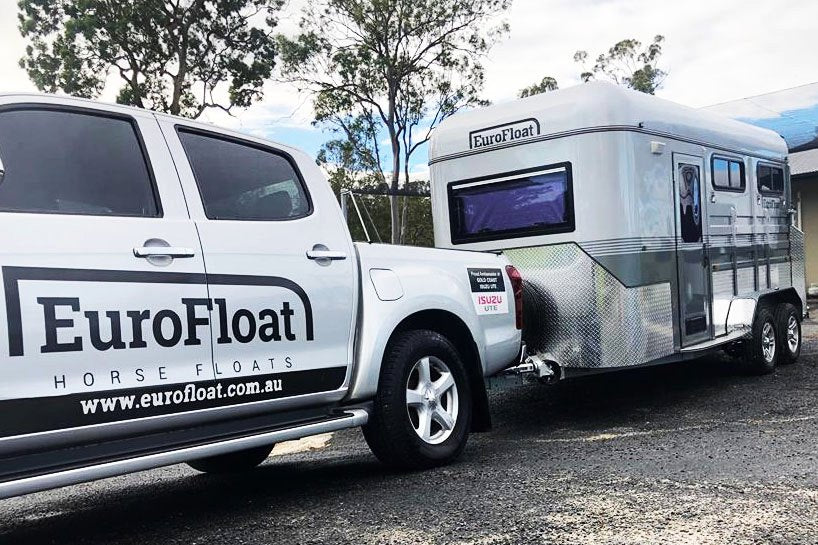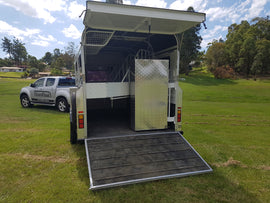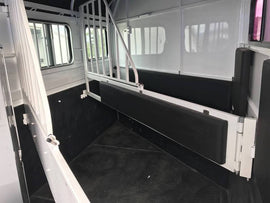
5 Tips for Maintaining Your Float
5 Tips for Maintaining Your Float
Many horse owners consider their horse to be part of the family. Travelling is often part of the ownership and you want to know that your horse is comfortable and safe while you are on the move. In the same way that you will check that your vehicle is safe and secure, you will want to do the same for the horse float. Regardless of how many times the float is used, it is important to carry out an overall inspection every year. Do this when you have plenty of time as there will not be the risk that you will rush through it and miss something.
- Tires
These are going to be a vital part of the journey as you could end up hurting the horse or getting into trouble with the law if they are not up to standard. At all times you need to make sure that the tires are correctly inflated and when you do this, don’t forget to include the spare.
- Protecting Parts
The hitch must be in good condition and also covered. This means that when it gets wet, it is less likely to rust and eventually corrode. Chains need to be checked as any weakness could lead to them breaking. The jack also needs to be checked as you don’t want to be stuck in the middle of nowhere unable to change a tire.
- Cleaning
The float should be carefully cleaned every time your horses travel in it. It is not enough to just clean out straw or spilled food that is visible; you need to go much deeper than this. As a minimum you should:
- Clean everything
- Look for damp and remove it
- Remove and scrub the mats
- Hose the floor down
- Raise the float a little so that all the moisture can be drained out.
- Baking powder can be used to ensure that everywhere is totally dry
- Wait until everywhere is completely dry before starting to reload the float.
- The Floor and Body
Keeping the floor and body in good condition will make journeys more pleasant and safer for the horse, and also cost less in the long run. A jammed divider can make it difficult to get a horse in and out and also reduce safety. The same applies to the ramp and locks. An entire trip may have to be cancelled if they do not work properly and you cannot get the horse in. Look for the smallest of cracks in the windows as they can lead to the window breaking.
- Electrics
In some ways, these are going to be the most important part of the horse float. Things such as lights will have to be linked to the lights in your vehicles, so check that any vehicle that will be towing the float is able to link to it. The float should have a number plate light, reflectors, side markers, tail lights and brake lights. Fuses and connections can easily fail, so you must keep them under control. Have a supply of them at home in case you need one at short notice. The float will have a number of brakes including an electric one, so this should be tried out and tested.
As long as you keep on top of the work, it should never take a long time to keep the horse float well maintained.



